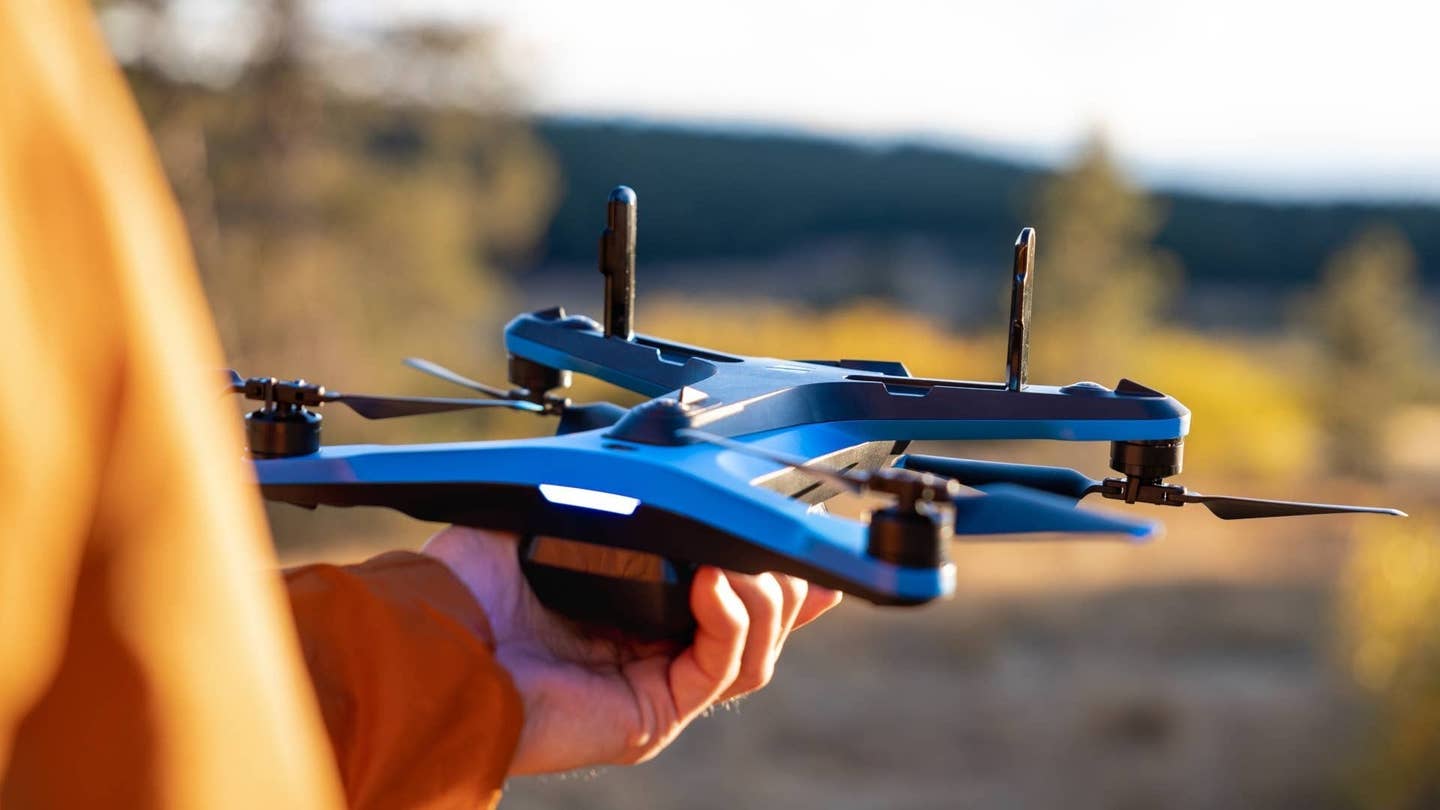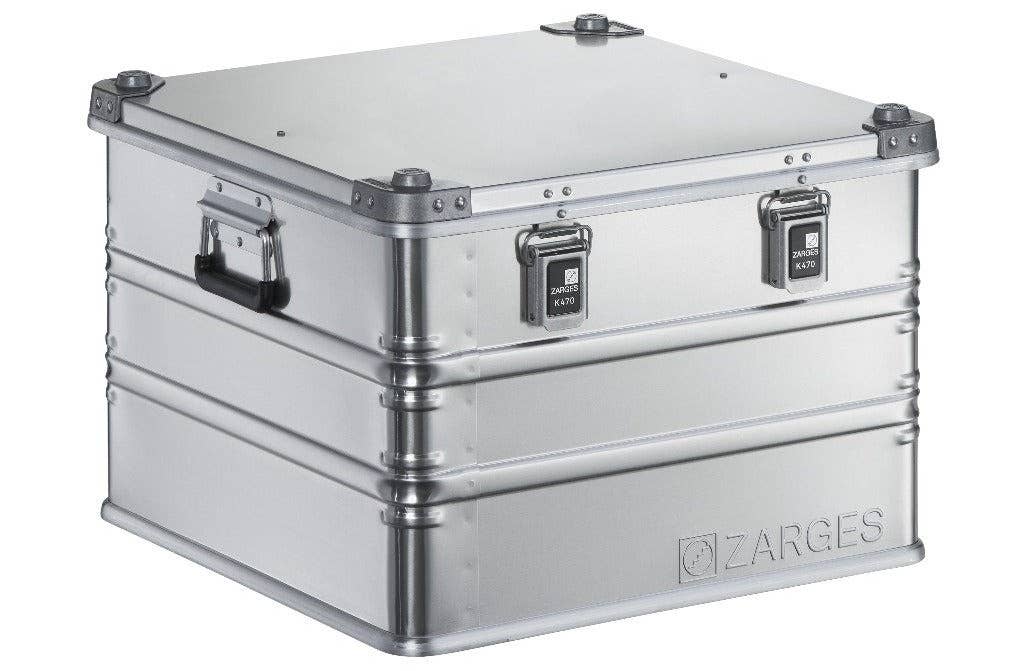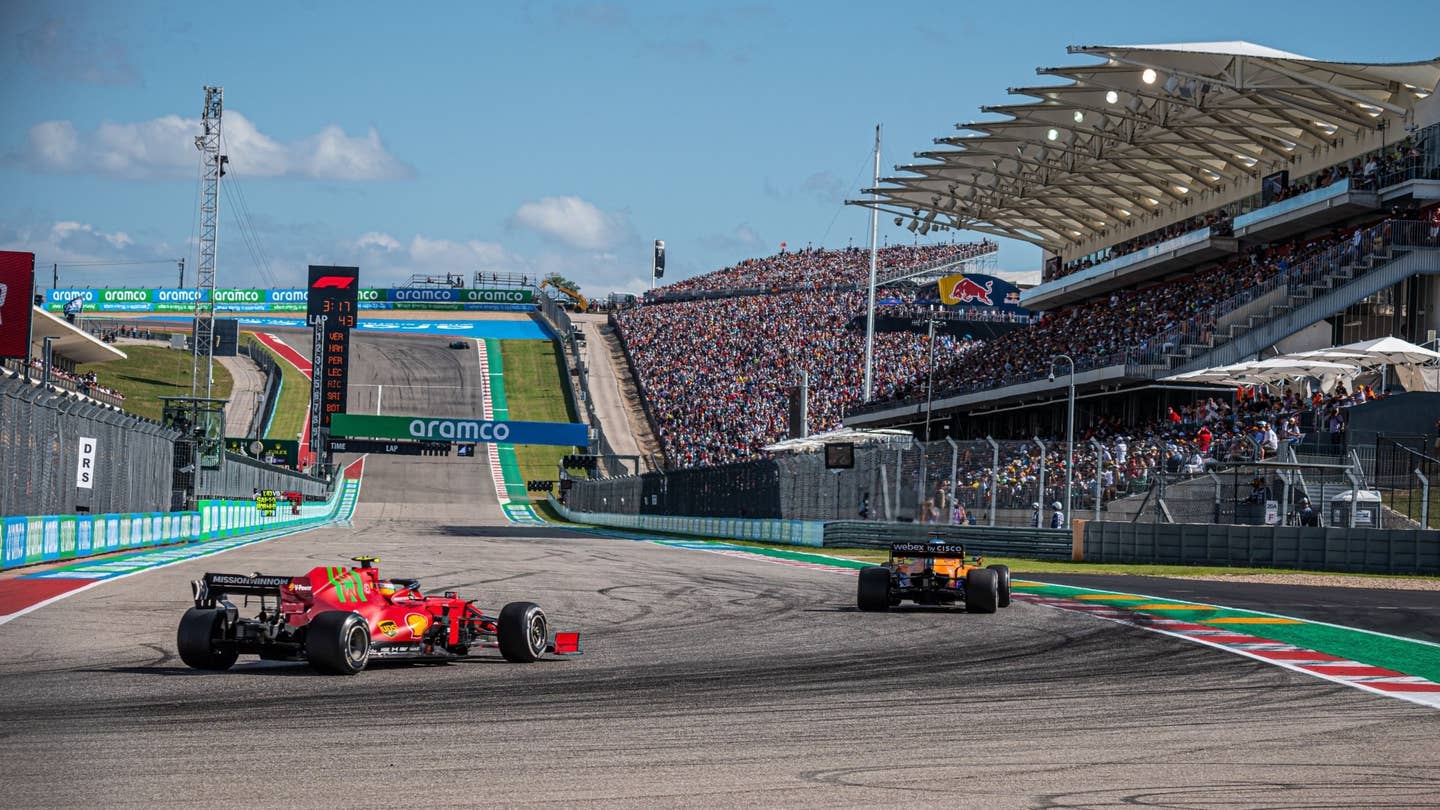Private Jet Charter vs. Fractional Jet Ownership
Explore the pros and cons of private jet charter vs. fractional jet ownership.

Optimize your private jet experience by choosing the solution best for you.
[Credit: CanvaPro]
In the world of luxury travel, private jet charters and fractional jet ownerships offer two convenient, yet vastly different private aviation experiences.
For the individuals who prioritize convenience, cost-effectiveness, and personalized travel experiences, a private flight may just be the ideal option to get you to your next business meeting or luxury vacation.
Let’s compare these two private flight options and explore which one may satisfy your unique travel needs.
Understanding Private Jet Charter
Chartering a private jet is the process of renting an aircraft for private use.
This option provides travelers with the flexibility to choose their aircraft, travel dates/times, as well as their preferred airports to fly in and out of. Companies such as Trilogy Aviation, Villers Jet, and Magellan Jets, offer private jet charter services, providing a tailored and convenient travel solution to their travelers.
Advantages of Private Jet Charter
Private jet charters offer a myriad of benefits, making them an attractive option for those seeking flexibility and convenience in their travel plans.
- Flexibility and on-demand service: Private jet charter offers flexibility and on-demand service, providing travelers with the ability to depart and arrive at their convenience. On-demand service ensures that passengers can avoid lengthy layovers and drawn-out check-in processes, making the overall travel experience smoother and more time-efficient.
- Variety of aircraft options: When it comes to private jet charters, passengers have the luxury of choosing from a diverse range of aircraft, each tailored to meet specific needs and preferences. This flexibility allows travelers to select jets based on factors such as passenger capacity, flight range, and onboard amenities, ensuring comfort and efficiency for each trip.
- No up-front costs or ongoing expenses. Private jet charters apply the pay-as-you-go, trip-by-trip model, which can be exceptionally cost-effective for infrequent flyers. This option offers the luxury and convenience of private aviation without the heavy financial burdens associated with ownership or long-term commitments.
Disadvantages of Private Jet Charter
While private jet charters offer numerous advantages, there are several disadvantages to consider as well:
- Potential for higher costs per flight: Unlike fractional ownership, where costs are distributed among several owners, chartering a private jet often means bearing the full financial burden for each trip. This can make private jet charters particularly expensive during peak travel times when demand is high, and prices surge.
- Less control over flight schedules: Although private jet charters offer significant flexibility in terms of departure times and airport choices, availability is contingent upon the charter company's current fleet and schedule. This means that during peak travel periods or last-minute bookings, desired aircraft may not always be available, leading to potential delays or the need to compromise on the type of aircraft.
- Availability issues during peak travel times: As demand for private jets surges during popular holidays, major sporting events, or high-profile conventions, securing a charter can become challenging. This increased demand can lead to higher prices and limited options, forcing travelers to either adjust their schedules or opt for less ideal aircraft.
Exploring Fractional Ownership
Fractional ownership, like a timeshare, refers to the practice of purchasing a share in an aircraft, giving individuals partial ownership and access to the plane for a specified number of hours or days per year.
This shared ownership model distributes the expenses of owning a private jet, such as maintenance, insurance, and crew salaries, among multiple owners, making it a more cost-effective option for frequent flyers who need regular access to private air travel.
Advantages of Fractional Ownership
A fractional share offers several compelling advantages:
- Lower cost per flight compared to full ownership: By sharing the costs of the aircraft, maintenance, insurance, and crew salaries among multiple owners, the financial burden of owning an aircraft is significantly reduced. This makes it a more accessible option for those who frequently fly but find full ownership economically unfeasible.
- Access to a specific aircraft type: Unlike private jet charters where the available aircraft can vary, fractional ownership allows individuals to choose a specific type of plane they want to have access to, ensuring familiarity and tailored comfort for their journeys. This feature is particularly beneficial for those who have exacting standards or specific needs, such as requiring a certain cabin configuration or onboard amenities that align with their personal or business preferences.
- Control over flight schedules: Fractional ownership of a private jet offers exceptional control over flight schedules, allowing owners to plan their trips with a high degree of certainty and flexibility. Since a fractionally owned aircraft is essentially at the beck and call of its owners, there’s a significantly reduced risk of encountering delays and cancellations.
Disadvantages of Fractional Ownership
While fractional programs offer numerous advantages, there are several drawbacks to consider as well:
- Significant upfront investment: The price of a new jet can range from millions to tens of millions of dollars, depending on the make, model, and customizations. Moreover, the cost doesn't stop at the purchase, as buyers also need to consider taxes, registration fees, and insurance, which can add a significant amount to the overall expenditure. This significant upfront investment can make ownership prohibitive.
- Ongoing expenses: While fractional jet ownership can be a cost-effective alternative to full ownership, it comes with ongoing expenses that can add up quickly. These costs include not only regular maintenance and operations fees but also management fees, which are essential for ensuring the smooth operation of the aircraft. Owners must also account for unpredictable costs such as those associated with unscheduled maintenance or repairs, which can also significantly impact the overall budget.
- Limited flexibility compared to chartering: Fractional ownership typically requires the owners to adhere to a set schedule and may involve more stringent rules and regulations governing the use of the aircraft. Additionally, availability can be a concern, as the partially owned jet may be in use by other shareholders when it is needed, potentially necessitating reservations and reducing spontaneity.
Comparing Private Jet Charter to Fractional Jet Ownership
The choice between private jet charter and fractional jet ownership ultimately hinges on a traveler’s flight frequency, budget, and desired level of control over the aircraft. Let’s look at which option may better suit your needs:
Side-by-Side Comparison
| Private Jet Charter | Fractional Jet Ownership | |
| Costs | No significant up-front investment; hourly rates and per-flight costs are high | Significant up-front investment for a share of the jet, including ongoing monthly costs; hourly rates and per-flight costs are high |
| Flexibility | Ability to book flights on short notice; short-term commitment | Limited to a share of the aircraft with set allocation hours; long-term commitment |
| Aircraft selection | Access to a wide variety of special, midsize aircraft | Limited to the use of a specific aircraft type or selection of aircraft |
| Control over flight schedules | High degree of flexibility | Limited to preset scheduling windows |
| Ownership responsibilities | Charter company is responsible for maintaining the aircraft | Owners are responsible for maintaining the aircraft |
Factors Influencing the Best Choice
When deciding between private jet charter and fractional jet ownership options, several key factors come into play that can significantly influence the best choice for an individual or business:
- Annual flight hours: For individuals or businesses who only require occasional flights, typically under 50 hours per year, a private jet charter is often the most economical and flexible choice. On the other hand, for those who anticipate flying more frequently, usually between 50 to 200 hours annually, fractional ownership can offer more significant cost savings and guaranteed access to an aircraft.
- Desired level of control: Private jet charter provides ultimate flexibility, allowing users to select the aircraft type and schedule flights based on their specific needs without being tied to long-term commitments or enduring ownership responsibilities. In contrast, fractional ownership offers a higher degree of control over the use and operation of the aircraft, as owners have a vested interest in the jet.
- Budgetary constraints: For individuals or businesses with a limited travel budget, private jet charters offer a more cost-effective solution, as there are no substantial upfront costs or long-term financial commitments. On the other hand, fractional ownership involves a hefty initial investment to purchase a share of the jet, alongside continuous management responsibilities (i.e., meeting FAA requirements) and ongoing monthly costs (i.e., maintenance, insurance, storage).
- Travel patterns: For individuals whose travel needs are sporadic, with flights spread out over longer intervals, a private jet charter may be the better option due to its flexibility and lack of long-term commitment. In contrast, for those who frequently fly to the same destinations on a regular schedule, fractional ownership offers guaranteed availability of an aircraft tailored to the individuals’ specific needs and preferences.
Making the Right Choice for Your Private Jet Travels
In an increasingly globalized world where time is of the essence, having access to private air travel can be a game-changer for both individuals and businesses.
Comparing private jet charter and fractional jet ownership is crucial because each option offers distinct advantages that cater to different travel needs and financial situations.
While private jet charters offer unparalleled flexibility and short-term solutions, fractional ownership provides guaranteed availability and potential cost savings for frequent, long-haul flyers. Optimize your private jet experience by choosing the travel solution that best aligns with your personal or business objectives.
If you are interested in chartering a private jet, make sure to check out this analysis on the cost of private vs commercial flying.
Ready to book your next private jet charter? We have thousands of aircraft charters ready to take you to your next destination anywhere across the globe. From the largest airport to the smallest, our goal is to provide the best private jet flights in comfort and class.
Find A FlightFAQ
Is it better to own a private jet or charter?
The decision to own vs. charter a private jet comes down to several factors, such as annual flight hours, desired level of control, budgetary constraints, travel patterns, etc. It is up to each individual or business to evaluate these factors and make the most economical decision for their needs.
Is fractional ownership of a plane worth it?
Fractional ownership of a plane can be a worthwhile investment for those who frequently travel by private jet but do not want the full responsibility and cost of owning an aircraft. By purchasing a share of an aircraft, fractional owners gain access to the plane for a certain number of hours or trips per year, spreading out the cost among multiple owners.
What is the difference between a private jet card and fractional ownership?
Private jet card programs are pre-paid memberships that provide access to a fleet of aircraft at a predetermined rate, typically measured in hours of flight time. Fractional ownership programs involve purchasing a share of an aircraft, which can range from 1/16th to 1/2 of the plane, granting co-ownership along with a proportional share of the aircraft's operating costs and depreciation.
What is the difference between fractional ownership and charter?
Fractional ownership involves purchasing a share of an aircraft, which grants the owner a certain number of flight hours per year, while also sharing the costs of maintenance, crew, and other operational expenses with other co-owners. Chartering a plane involves renting an entire aircraft for a specific trip, offering flexibility without the long-term financial commitment required by fractional ownership.

Sign-up for newsletters & special offers!
Get the latest FLYING stories & special offers delivered directly to your inbox







